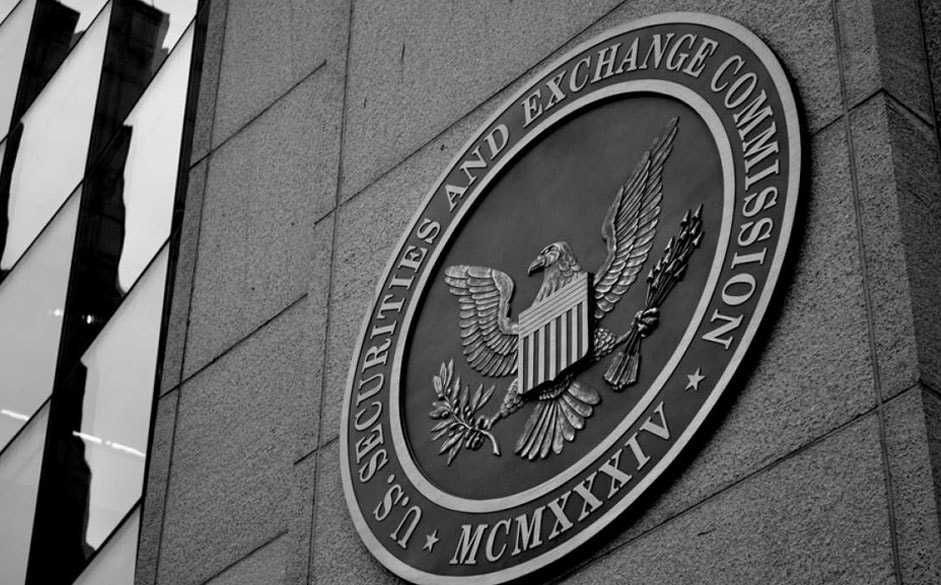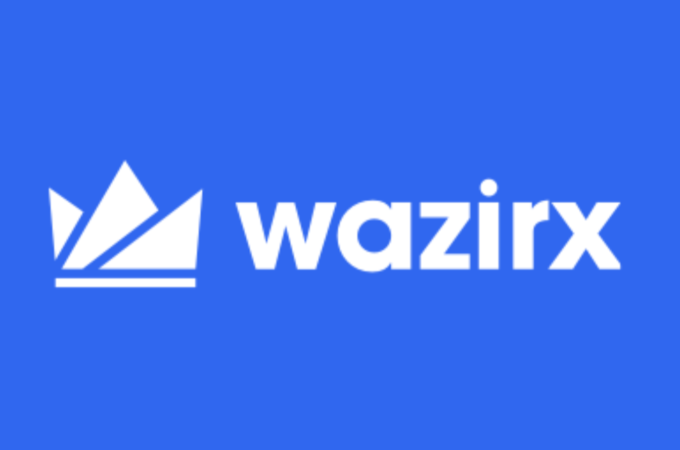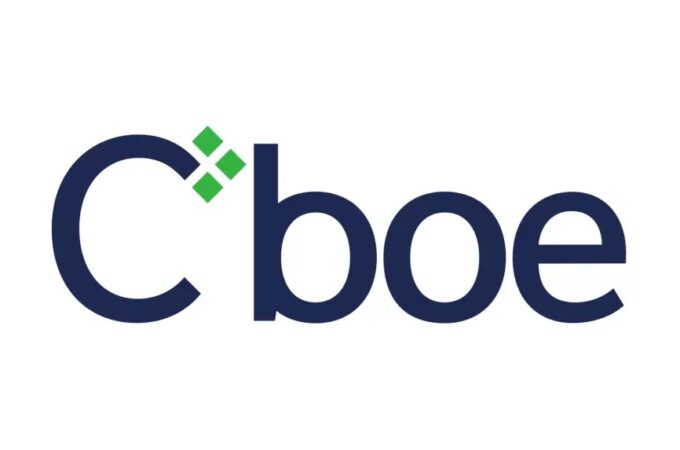
Strategic Tips on How to Choose the Right Forex Trading Platform
Let’s start with a basic assertion; there’s no financial market in the world quite like the foreign exchange. After all, the global forex market is worth an estimated $1.934 quadrillion, and considered to be an incredible 2.5-times larger than the world’s total GDP.
In addition to being one of the largest entities of its type in the world, the forex market is also renowned for its incredibly high levels of leverage and volatility. Leverage refers to the ratio of a trader’s funds to the size of a particular broker’s credit, describing the borrowed capital used to increase trading positions and potential returns. Traderscale Review highlights these aspects, emphasizing how traders can navigate and capitalize on such a dynamic environment. By leveraging TraderScale’s advanced tools and market insights, traders can make more informed decisions and potentially enhance their trading outcomes.
If you’re a trader looking for funded trading opportunities, there are two notable prop firms that you should consider: FundedNext vs FTMO, each offering distinct approaches to accessing trading capital.
This also highlights the crucial role that brokerage platforms play in facilitating forex trading, with these entities operating exclusive online in the digital age. But how exactly do trading platforms work, and how can you go about choosing the right one from a strategic perspective?
What is a Forex Trading Platform?
In simple terms, a currency trading platform is a software interface that acts as an online (or mobile) facilitator of forex trades across a range of major and minor pairings.
In the current market, the MT4 is renowned as the most popular forex trading platform, with this compatible with the vast majority of brokerages and capable of offering access to a raft of other asset classes (we’ll have a little more on this later in the piece).
These platforms essentially provide a comprehensive one-stop shop for forex traders, whether they’re new to the market or looking to diversify an existing portfolio.
So, not only can traders leverage them to borrow capital and operate a multitude of positions simultaneously, but they also offer access to detailed analytical tools and real-time news feeds that help to inform traders’ decisions.
What are the Key Strategic Considerations When Choosing an FX Platform?
Make no mistake; your choice of forex platform represents a key factor in determining your success, failure and bottom-line profitability.
After all, not all trading platforms have been created equal, as many offer access to variable markets and assets while offering alternative indicators that may or may not suit your investment philosophy.
With this in mind, what are the key strategic considerations to keep in mind when choosing an FX platform? Here’s three of the most important:
1. Fees and Security
The vast majority of brokerage platforms now offer free access to the forex market, having waived any type of commission-based fee on individual orders.
However, some platforms do charge a nominal fee to currency traders, while brokers will also charge variable commissions relating to stocks, commodities and any other assets that you wish to trade.
With this in mind, you’ll need to consider your choice in line with additional markets that you wish to operate in, as this will impact directly on cost and your overall profitability.
In terms of security, you should prioritise platforms that boast 128-bit SSL encryption as a minimum standard. This should protect both your personal details and the integrity of individual financial transactions.
2. Ease of Use
This is another important consideration, especially if you’re new to the world of trading and looking to get to grips with the forex market and a brand new platform.
In this instance, ease of use refers to the intuitive nature of the interface and the simplicity with which you can open and close positions.
Similarly, you also need to select a platform with a variety of visual chart representations, as this helps you to access relevant data quickly and ensure that the information provided is easy to understand and act on.
3. Customisation
This brings us neatly on customisation, which is a key feature that not all brokerage sites and trading platforms offer to users.
This is why the MT4 happens to be the single most popular trading platforms in the world, despite the fact the development team MetaQuotes launched a so-called upgrade on this software in the form of the MT5 back in 2010.
The MT4 undoubtedly boasts incredible levels of customisation, especially in terms of your user interface and the various charts available. This, combined with its exceptional level of familiarity, provides a platform that enables traders to assume control of their experience and customise their approach to risk management.





